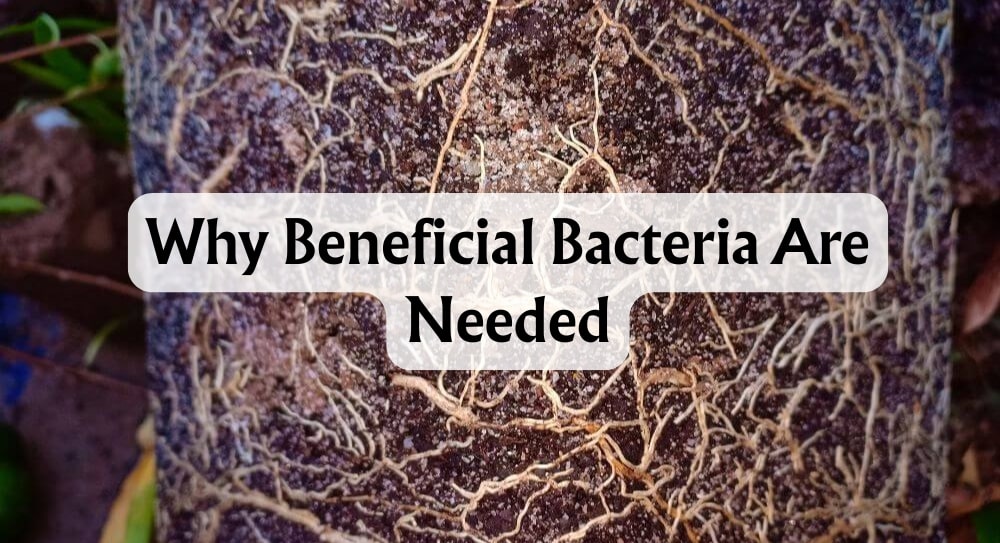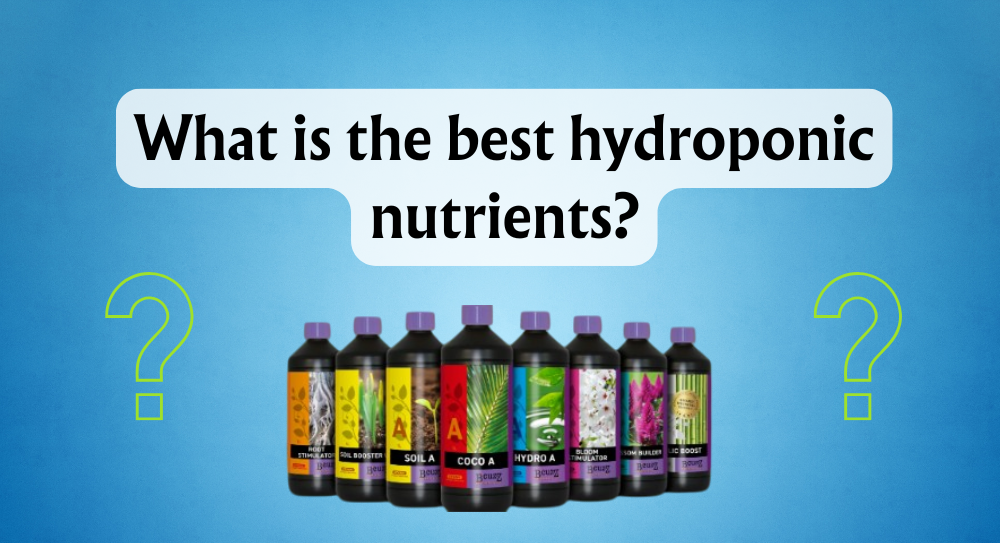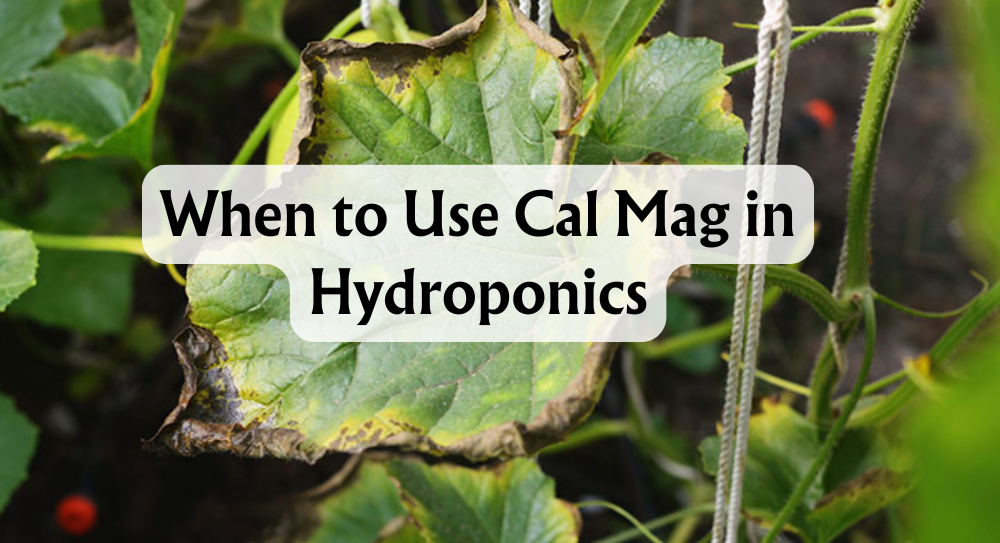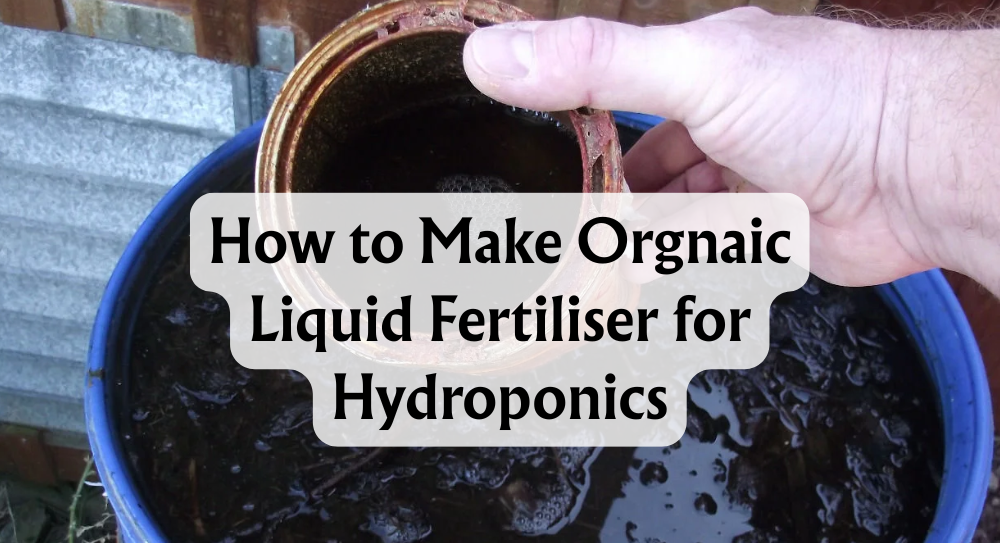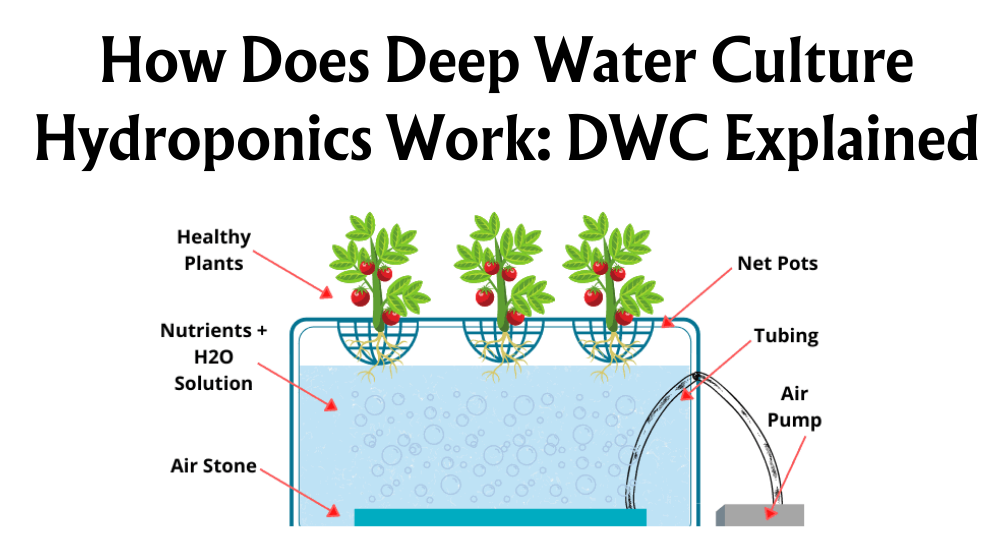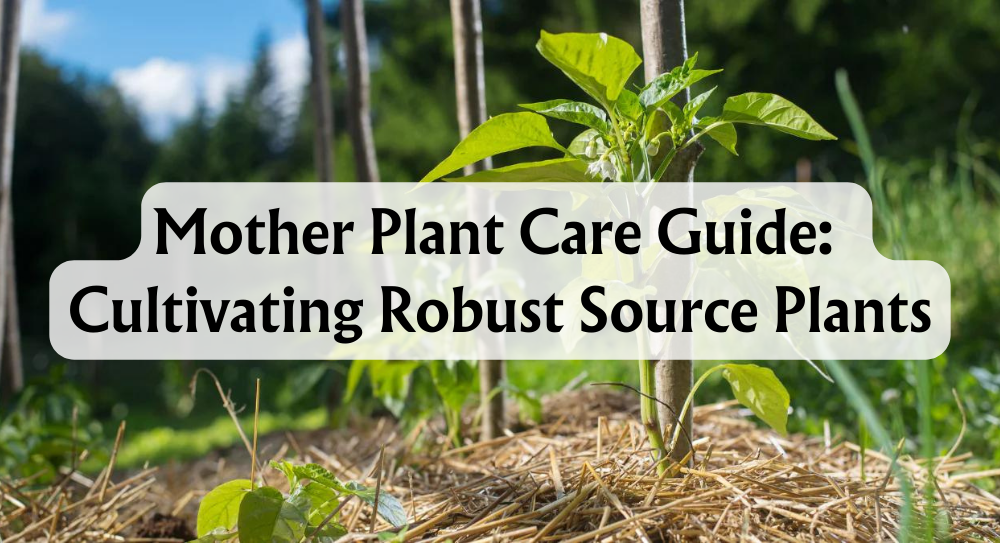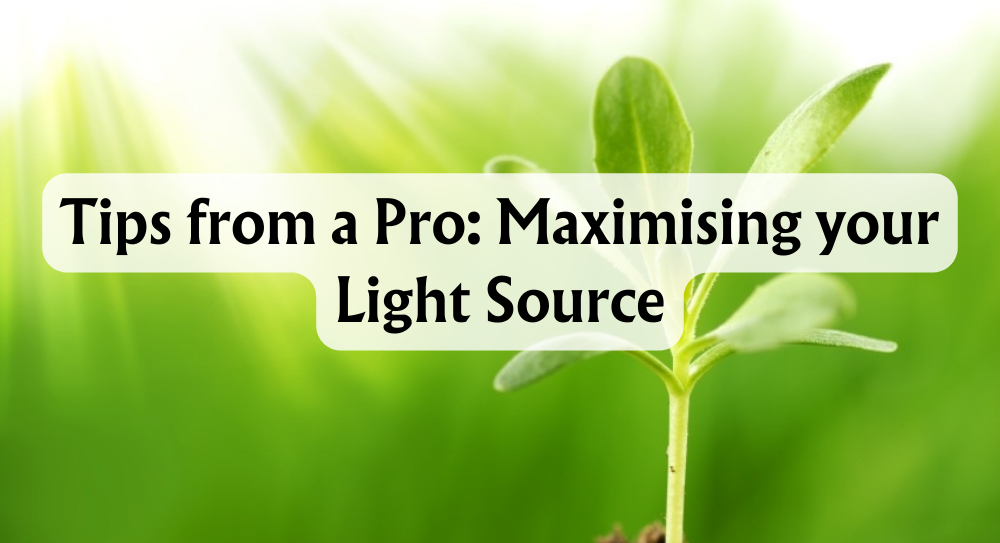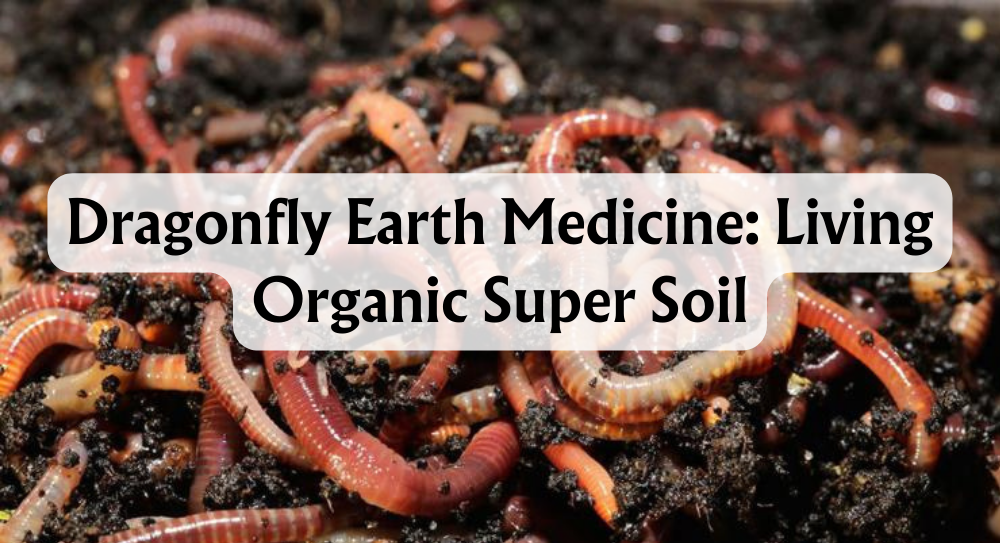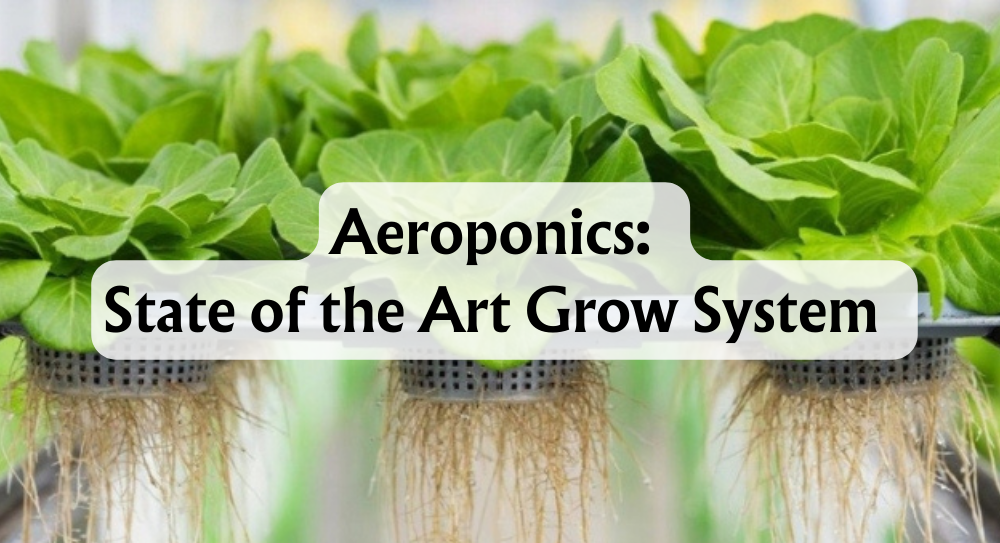Beneficial bacteria are more than just tiny helpers lurking in our gut. They're vital players in various ecosystems, including soil and even hydroponic systems. We often think of bacteria as unwanted guests, but many species work tirelessly behind the scenes. These organisms assist in breaking down nutrients and protecting plants from harmful pathogens.
Understanding why beneficial bacteria are needed involves recognising their role in maintaining balance within these ecosystems. In hydroponic systems, they help optimise plant growth by acting as natural guardians, ensuring our plants get the nutrition they need safely. With these helpful bacteria, we're less reliant on chemical fertilizers, making gardening and agriculture more sustainable.
By inviting these microscopic allies into our gardening practices, we can achieve healthier plants and higher yields. It’s like adding a tiny team of experts to our gardening efforts, working around the clock to keep our green friends thriving.
Key Takeaways
- Beneficial bacteria are crucial in hydroponic systems.
- They support plant growth by processing nutrients and offering protection.
- Using beneficial bacteria can reduce chemical fertiliser reliance.
What Are Beneficial Bacteria
Beneficial bacteria are vital microorganisms that play a crucial role in maintaining balance in various environments, including our bodies and ecosystems. These live microorganisms, such as Lactobacillus acidophilus, Lactobacillus plantarum, and Bifidobacterium lactis, are often referred to as "friendly bacteria" because they support health and well-being.

Presence in Nature
In nature, beneficial bacteria can be found in soil, where they form symbiotic relationships with plants. They assist in nutrient absorption and protect plants from harmful pathogens. These bacteria contribute to soil fertility and are essential for traditional agriculture, enhancing crop production and sustainability.
Relevance to Hydroponics
In hydroponic systems, where plants grow without soil, the absence of these natural soil helpers necessitates the introduction of beneficial bacteria artificially. This mimics natural conditions and ensures plants receive the necessary nutrients while being protected from pathogenic bacteria.
Types of Beneficial Bacteria
- Lactobacillus: Often found in yoghurt and fermented foods.
- Bifidobacterium: Found in the intestines, promotes digestive health.
- Enterococcus faecium: Helps maintain gut flora balance.
By incorporating probiotics and prebiotics into our diet, we can support our body's microbiome. Probiotics are dietary supplements that bolster these friendly microbes, and prebiotics serve as food for them, ensuring they thrive and function optimally.
Benefits
Beneficial bacteria aid digestion, boost the immune system, and maintain overall health. They keep harmful microbes in check, ensuring our bodies and environments remain balanced and vibrant.
Characteristics Of Beneficial Bacteria
Beneficial bacteria are essential for optimising plant growth and health. They integrate well with various systems and enhance nutrient absorption, improving overall productivity.

They Work With Synthetic Nutrients
We often worry about incompatibilities between natural processes and synthetic products. Fortunately, beneficial bacteria work harmoniously with synthetic fertilisers. They form symbiotic relationships with plants, ensuring that the nutrients from synthetic sources are efficiently absorbed.
Instead of competing, these bacteria work together with fertilisers, leading to improved nutrient uptake. This relationship reduces the run-off of excess fertilisers, making the growing process not only efficient but also environmentally friendly. Our gardens and crops can thrive through this balance, combining human innovation with nature's wisdom.
They Increase Nutrient Availability
Beneficial bacteria play a crucial role in transforming nutrients into forms that plants can easily use. They process complex nutrients into simpler versions, making it easier for plants to absorb them. For example, these bacteria convert nitrogen into ammonium and nitrates, which are vital for plant growth.
Moreover, beneficial bacteria can solubilise phosphorus, an essential macronutrient, enabling it to be readily available to plants. This conversion ensures plants receive the nutrients they need, fully capitalising on their growing potential. Through these processes, we see improved plant health and yield.
Each Has A Specific Job
One fascinating aspect of beneficial bacteria is that they are not a one-size-fits-all solution. Specific strains specialise in unique functions. Some bacteria focus on nitrogen fixation, ensuring plants get sufficient nitrogen. Others solubilise phosphorus or produce certain plant hormones that stimulate growth.
This diversity means we can purposefully apply different bacterial strains depending on the plants' needs or the growth stage. This tailored approach maximises efficiency and health in our growing environments. With such specific roles, beneficial bacteria provide targeted support that's invaluable to plant success.
It Is Good For Any Type Of Grow
The adaptability of beneficial bacteria makes them suitable for various cultivation methods. Whether we're working with hydroponics, soil-based farming, or even aquaponics, these bacteria offer significant advantages.
In hydroponics, they help convert nutrients into plant-accessible forms, despite the absence of soil. In soil-based systems, they maintain the delicate balance of soil microbiota, promoting nutrient exchange. In aquaponics, they support the cycle by converting fish waste into vital nutrients needed by plants. This versatility ensures that no matter our method, beneficial bacteria contribute positively to growth.
The Advantages Of Beneficial Bacteria
Beneficial bacteria play a crucial role in enhancing plant growth and health. By improving nutrient and water uptake, these microbes support healthy development and resilience against diseases.
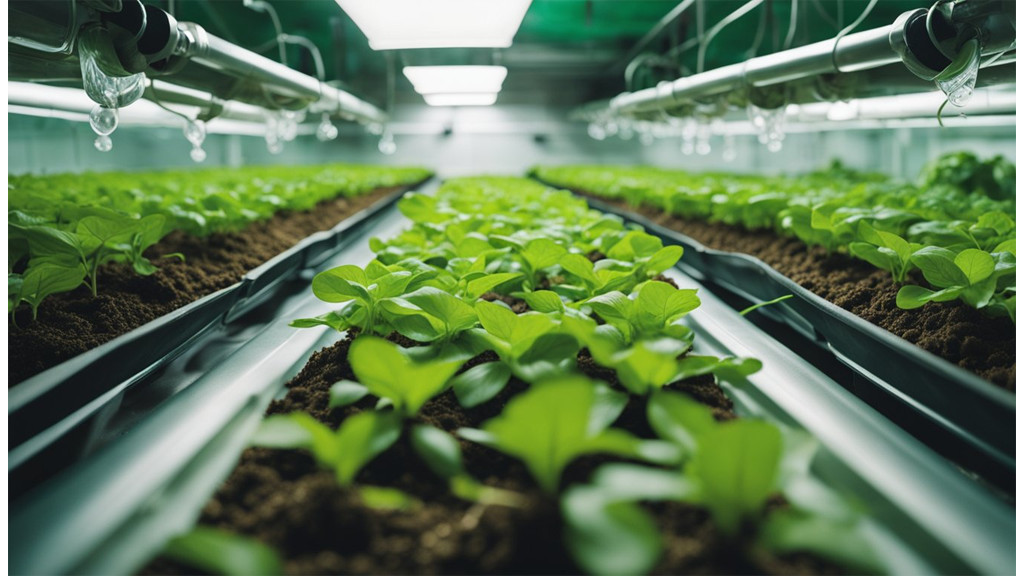
Improved Growth Rates
Incorporating beneficial bacteria into agricultural practices significantly boosts plant growth. Studies have shown that these microbes accelerate development by enhancing the assimilation of nutrients, which is essential for robust growth. When beneficial bacteria are present, they break down organic matter, making nutrients like nitrogen and phosphorus easily accessible. This not only shortens the growth cycle but also leads to heartier plants.
Bacteria like Rhizobia and Mycorrhizal fungi form symbiotic relationships with plants, enhancing their ability to grow. Such partnerships result in increased biomass and improved yield, ultimately contributing to more efficient and sustainable agricultural practices.
Enhanced Water Uptake
Certain beneficial bacteria are known to improve plant root structures, allowing for more efficient water absorption. By increasing the surface area of roots, these microbes enable plants to reach deeper water reserves. This becomes particularly advantageous during periods of drought or in arid regions.
Improved water uptake can lead to improved hydration, which is critical for metabolic processes and overall plant health. These enhancements not only support healthy growth but also bolster a plant's ability to withstand harsh environmental conditions, contributing to greater resilience and adaptability.
Better Nutrient Uptake
The role of beneficial bacteria in nutrient uptake cannot be overstated. They break down complex nutrients in the soil, transforming them into forms that plants can readily absorb. This process optimises nutrient utilisation, leading to healthier and more vigorous plants.
Bacteria like Azospirillum and Bacillus species are proficient at releasing nutrients such as potassium and phosphorus from mineral-bound forms. Their activity boosts the availability of essential elements, promoting better growth. This effective nutrient uptake results in improved plant metabolism and increased agricultural yields over time.
Better Disease Resistance
Beneficial bacteria play a vital role in enhancing plants’ disease resistance. They outcompete pathogenic microbes by occupying niche spaces and using local resources. Additionally, they stimulate the plant's immune response, fortifying it against potential diseases.
Strains of Bacillus and Pseudomonas have been studied for their ability to suppress soil-borne pathogens effectively. By reducing the incidence of diseases, these bacteria ensure healthier growth and longevity for crops. This natural defence mechanism decreases the reliance on chemical pesticides, promoting environmentally-friendly farming.
Environmental Control
Microbes contribute significantly to controlling environmental factors like soil pH and pathogen levels. Beneficial bacteria help to stabilise pH levels, creating a balanced environment. This optimal setting supports both plant growth and well-being.
Moreover, bacteria can mitigate harmful pathogens, reducing the risk of plant diseases. This microbial activity fosters a balanced ecosystem, enhancing the resilience and productivity of plant life. Such environmental control leads to sustainable agricultural practices with reduced ecological impact, supporting overall health and wellbeing.
Implementing Beneficial Bacteria in Hydroponic Systems
When it comes to integrating beneficial bacteria into hydroponic systems, selecting the right bacterial inoculants is crucial. We recommend products containing strains such as Bacillus subtilis or Pseudomonas fluorescens. These are renowned for their plant growth-promoting properties.

Application Methods
-
Reservoir Introduction: Adding bacterial inoculants directly to the hydroponic nutrient solution can be done in a few simple steps. This allows the bacteria to be consistently distributed throughout the system.
-
Root Zone Application: Additionally, applying bacteria directly to the root area ensures a targeted approach, which can enhance root health and nutrient uptake.
Maintaining Optimal Conditions
-
Temperature and pH: Ensuring the right environmental conditions is vital for the bacteria's viability. We recommend maintaining a temperature range between 18°C to 24°C. The pH should ideally be between 5.5 and 6.5.
-
Avoiding Antimicrobial Agents: It's important to steer clear of substances like hydrogen peroxide, which can harm beneficial microbial populations. This helps preserve the positive effects of the beneficial bacteria.
Through these steps, our approach to implementing beneficial bacteria in hydroponics can enhance plant growth and health effectively.
Conclusion
Beneficial bacteria play a vital role in hydroponic cultivation. These microorganisms aid in nutrient absorption, helping plants to thrive without soil. By balancing the microbial environment, they can prevent diseases and promote plant health.
Let's think about how we can incorporate these microbes into our gardening practices. Adding beneficial bacteria to hydroponic systems has been shown to enhance plant growth and can result in higher yields.
We encourage all growers to explore the advantages of introducing these helpful microbes into their systems. Healthier plants lead to more robust and fruitful harvests.
At Hyjo, we are committed to supporting growers with expert advice and quality products. Let's make our gardening efforts successful and sustainable together.







 Store Locator
Store Locator
